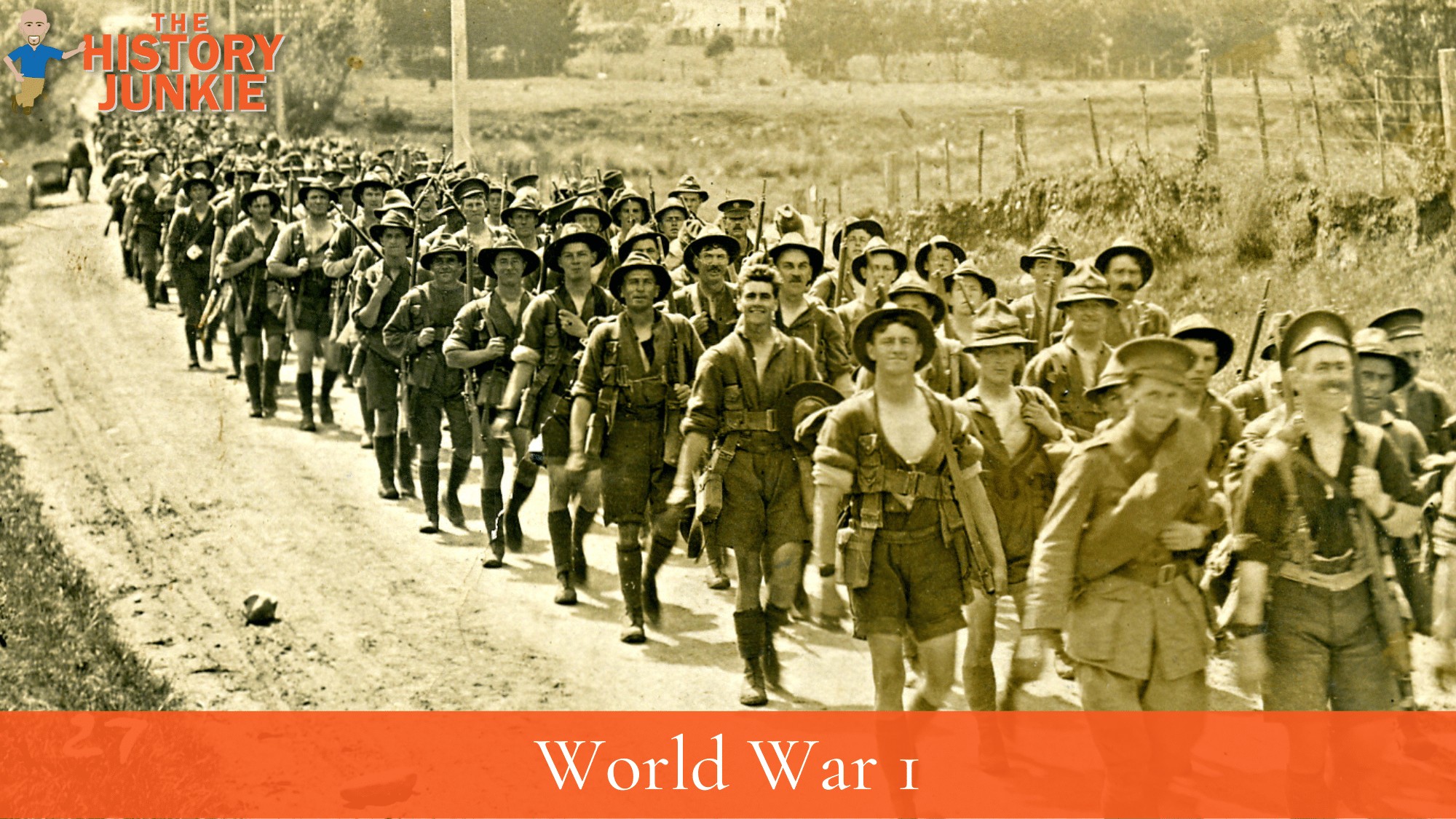
Jump to:
- Common Questions
- #1. World War 1 Began When Archduke Franz Ferdinand Was Assassinated
- #2. The War Was Between The Allied Powers And The Central Powers
- #3. The German U-Boats Caused Problems For Allied Powers
- #4. The Zimmerman Telegram Would Bring America Into The War
- #5. President Woodrow Wilson Founded The League of Nations, But the United States Did Not Join
- #6. The Treaty of Versailles Would End World War 1
- #7. World War 1 Would Put An End To Multiple Dynasties and Empires
- #8. World War 1 Affected Major League Baseball
Common Questions
How Long Was World War 1?
July 28, 1914 - November 11, 1918
What Happened During World War 1?
Trench warfare is what World War 1 became known for, as well as chemical warfare. The trenches created a stalemate within the war.
Who Won World War 1?
The Allied Forces won, although they technically did not totally defeat Germany. However, they did not concede.
Who Did Japan Side With?
Japan was part of the Allies. Despite what would happen to the relationship with Japan in the coming decades, they were a strong ally of ours in World War 1.
World War 1 was the first time that the United States fought a war in Europe. Up until this point, America did not interfere with foreign nations across the ocean.
The reason for this was America practiced a foreign policy known as isolationist and focused only on expanding within their own hemisphere.
Europe was known to get involved in many wars, and George Washington had advised over 100 years before to avoid entangling alliances with European countries.
I am giving 8 main facts about World War 1 that should help pass a quiz. This does not cover everything, so if you would like to learn more, check out my World War 1 Timeline or World War 1 Summary.
#1. World War 1 Began When Archduke Franz Ferdinand Was Assassinated
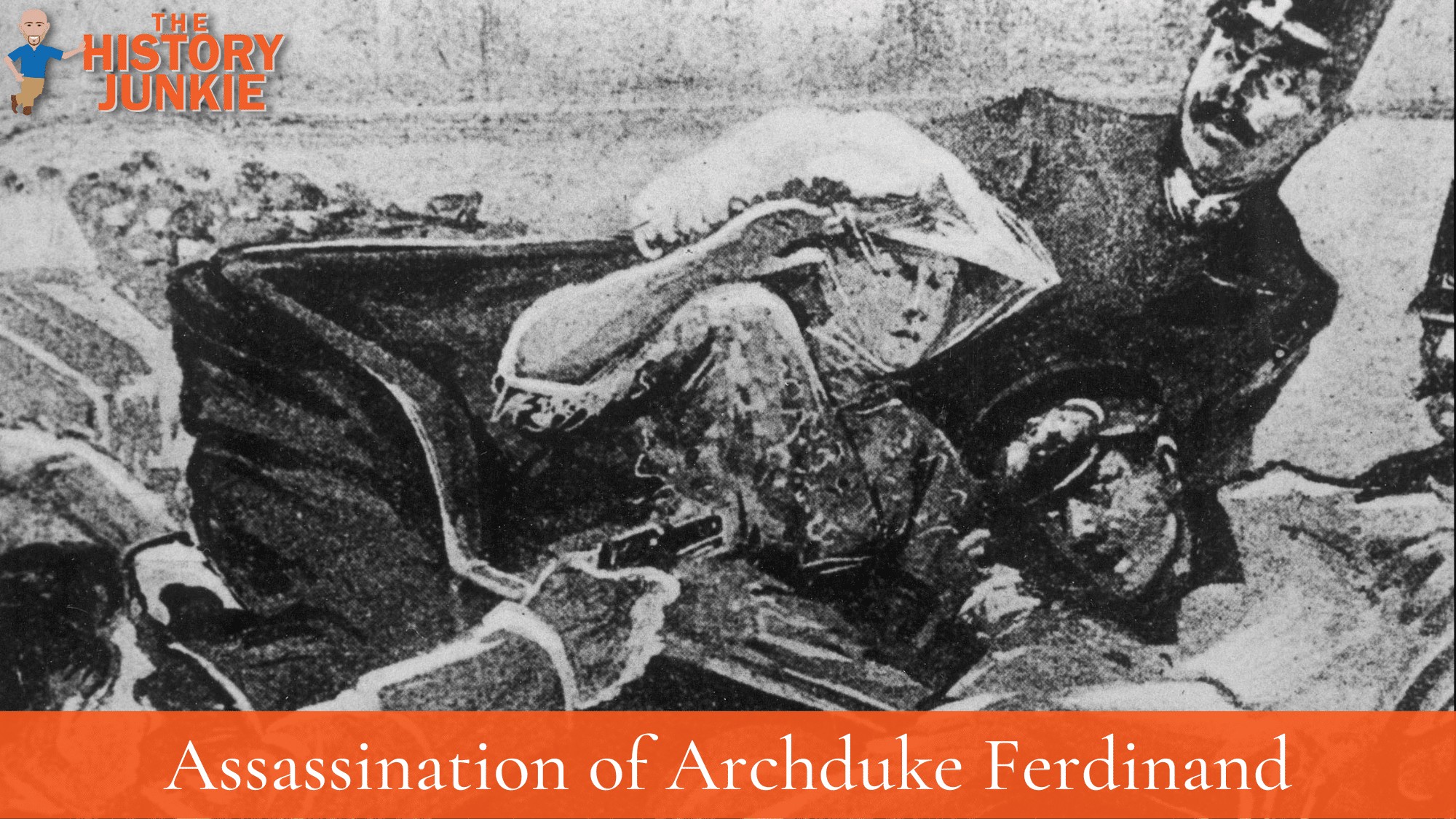
Archduke Ferdinand of Austria and his wife Sophie, Duchess of Hohenberg were assassinated on June 28, 1914, by Gavrilo Princip. Princip was a Bosnian Serb connected to the secret military organization named Black Hand.
Their deaths set off a chain reaction throughout Europe and, along with other causes, would ignite World War 1. Kaiser Wilhelm II of the German Empire was an ally of Austria-Hungary and began to use assassination as a reason for starting the war.
#2. The War Was Between The Allied Powers And The Central Powers
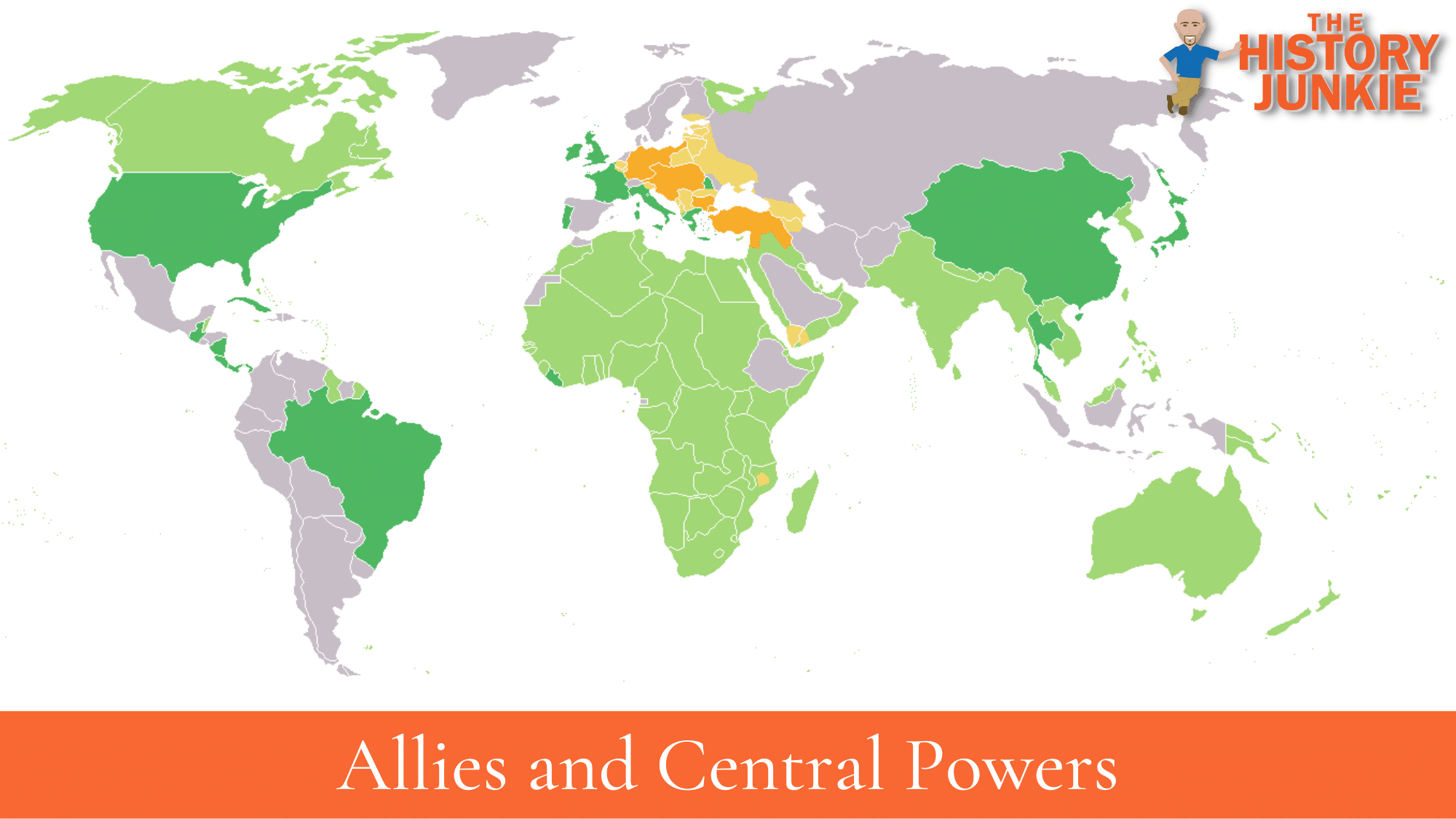
When World War 1 broke out, each country that joined the war seemed to trigger an alliance, and another country would be brought into the war. Soon, the war escalated from between two countries to between many.
Allied Powers - France, Italy, Japan, Russia, United Kingdom, and the United States (There were many more, but these were the primary allies) One of these allies was the Iroquois Confederacy.
Central Powers - Germany, Austria-Hungary, Ottoman Empire, and Bulgaria
#3. The German U-Boats Caused Problems For Allied Powers
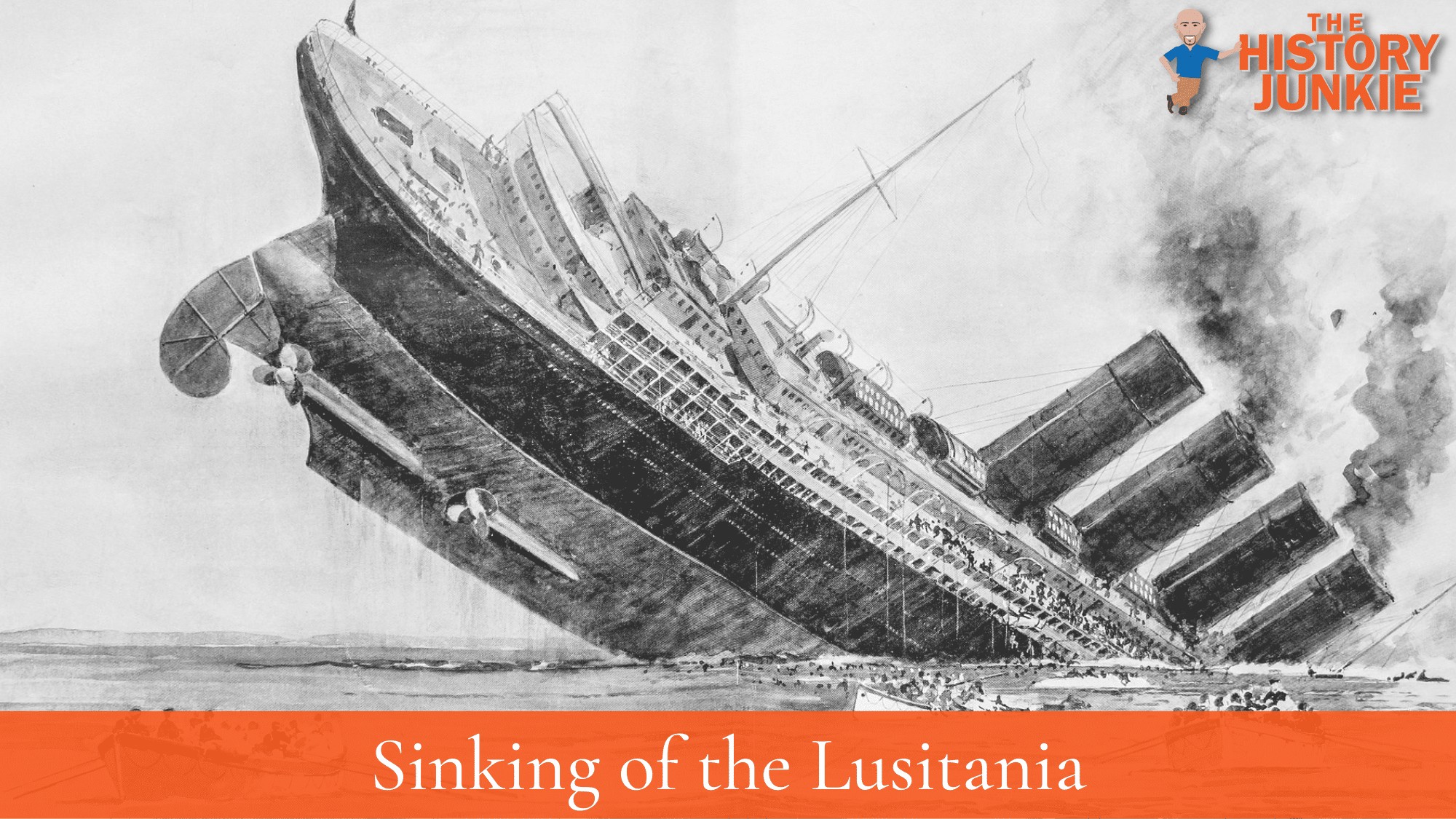
The Germans were the first to effectively deploy submarines or U-boats for their blockade against the Allied powers. These U-boats fired torpedoes and destroyed many Allied ships.
The most famous of these destroyed ships occurred on May 7, 1915, when the British ship the RMS Lusitania was carrying civilians from the United States to Great Britain. Unknown to many civilians on the ship was that the Lusitania was carrying many supplies to Great Britain.
Out of the 1,960 people on the ship, only 761 survived.
This tragedy would turn many countries against Germany and cause more to enter the war. President Woodrow Wilson, who was President during World War 1, kept the United States out of the war despite the outcries to get involved. However, it would not be much longer.
#4. The Zimmerman Telegram Would Bring America Into The War
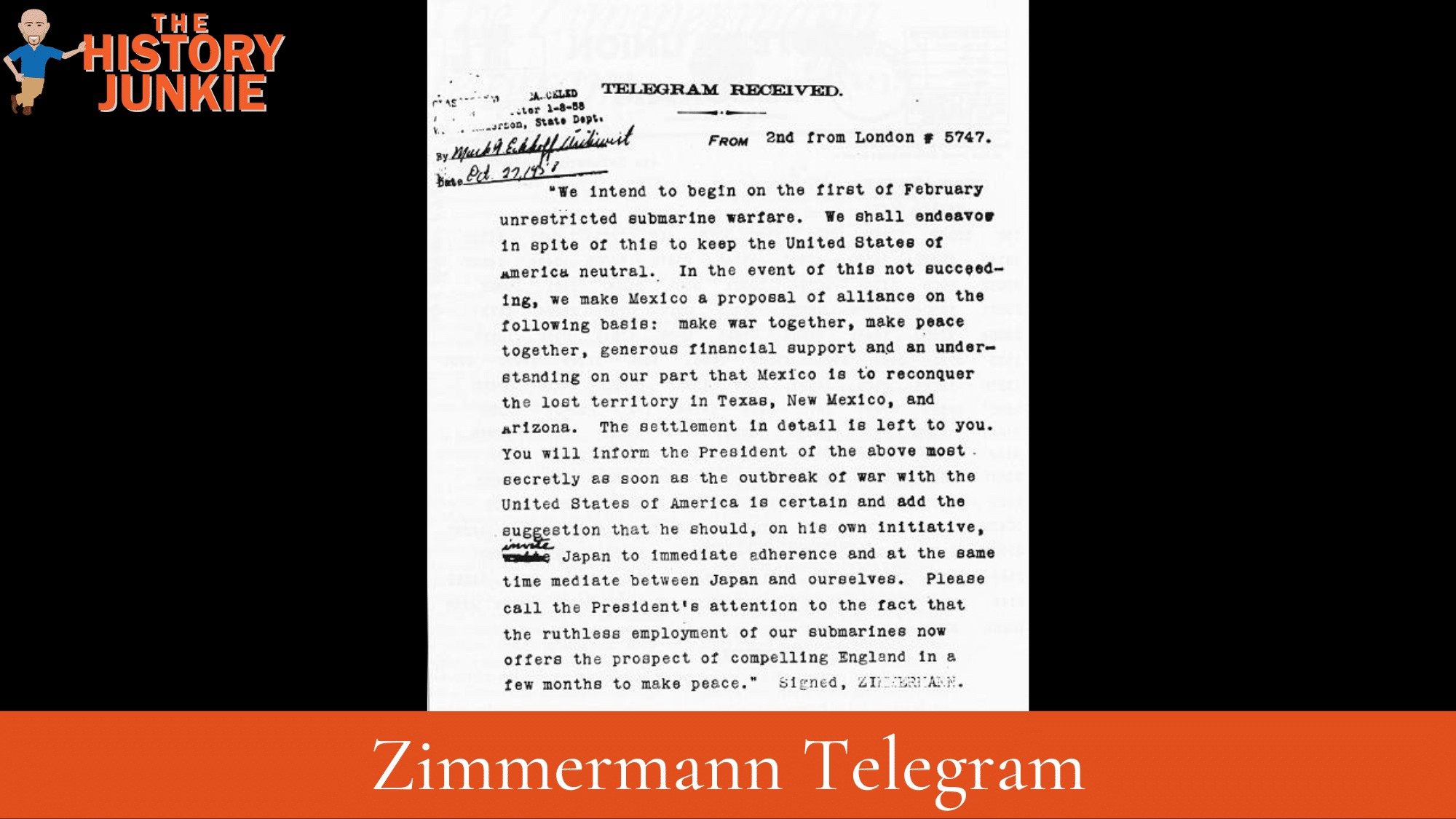
The Zimmermann Telegram was a secret diplomatic communication issued from the German Foreign Office in January 1917 that proposed a military alliance between Germany and Mexico if the United States entered World War I against Germany.
Mexico would recover Texas, Arizona, and New Mexico. The telegram was intercepted and decoded by British intelligence.
The revelation of the contents enraged Americans, especially after German Foreign Secretary Arthur Zimmermann publicly admitted on March 3 that the telegram was genuine. It helped to generate support for the American declaration of war on Germany in April.
The decryption was the most significant intelligence triumph for Britain during World War I and one of the earliest occasions on which a piece of signal intelligence influenced world events.
#5. President Woodrow Wilson Founded The League of Nations, But the United States Did Not Join
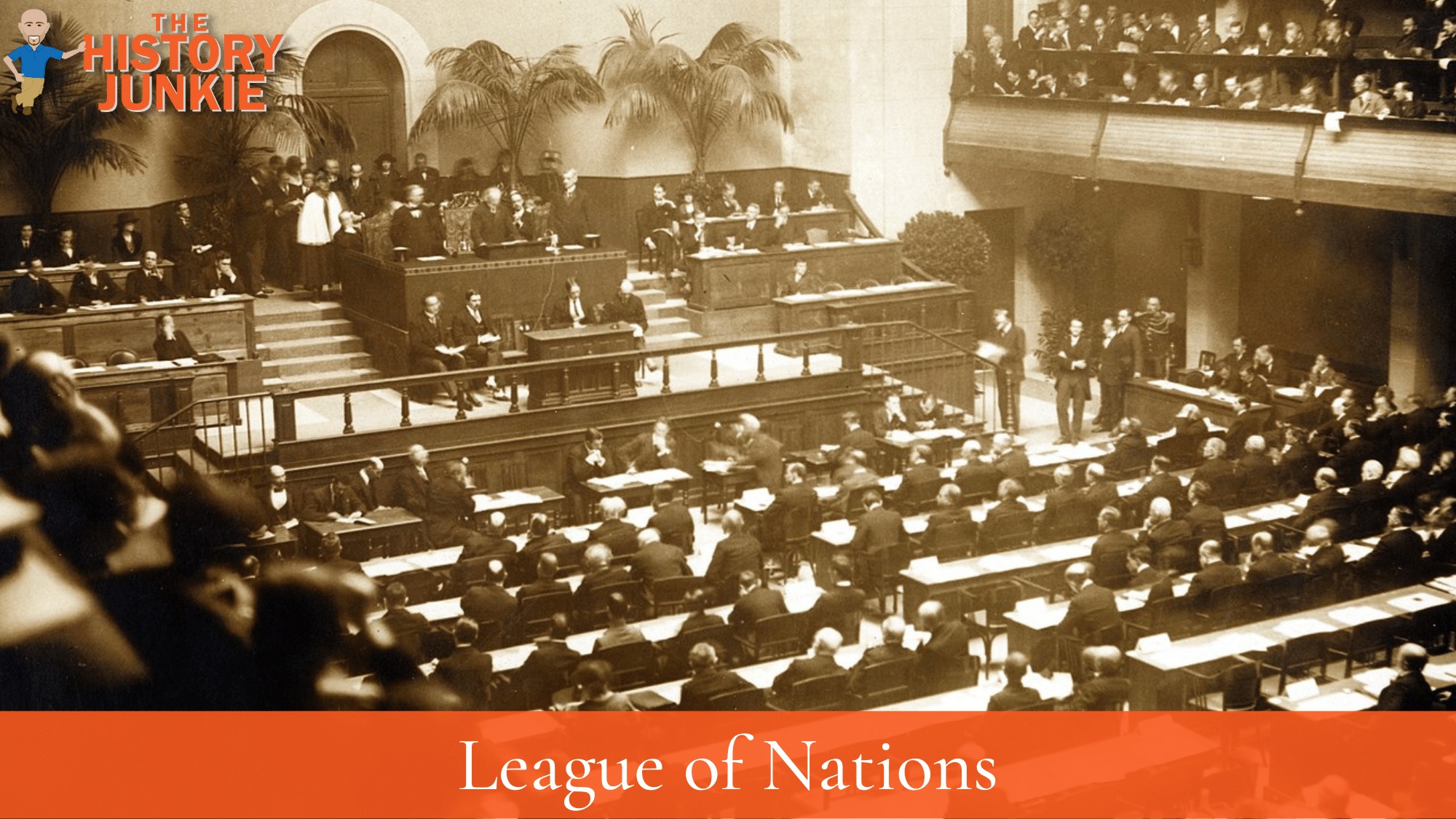
President Woodrow Wilson became known as the founder of the League of Nations. It was founded as the first intergovernmental organization in the world, but the United States did not join the league.
Why the United States did not join could be for many reasons. At the time, the United States held a position of isolation. They were reluctant to get involved in international conflicts unless it was close to home.
The Senate required a ⅔ majority in order to join the league, and the majority could not be met. This was due to Wilson's stubbornness to handle the negotiations himself instead of allowing other members of Congress to participate.
Wilson did not take into account that many of the Senators were still isolationists and not ready to be on the world stage and concern themselves with what was going on across the world.
#6. The Treaty of Versailles Would End World War 1
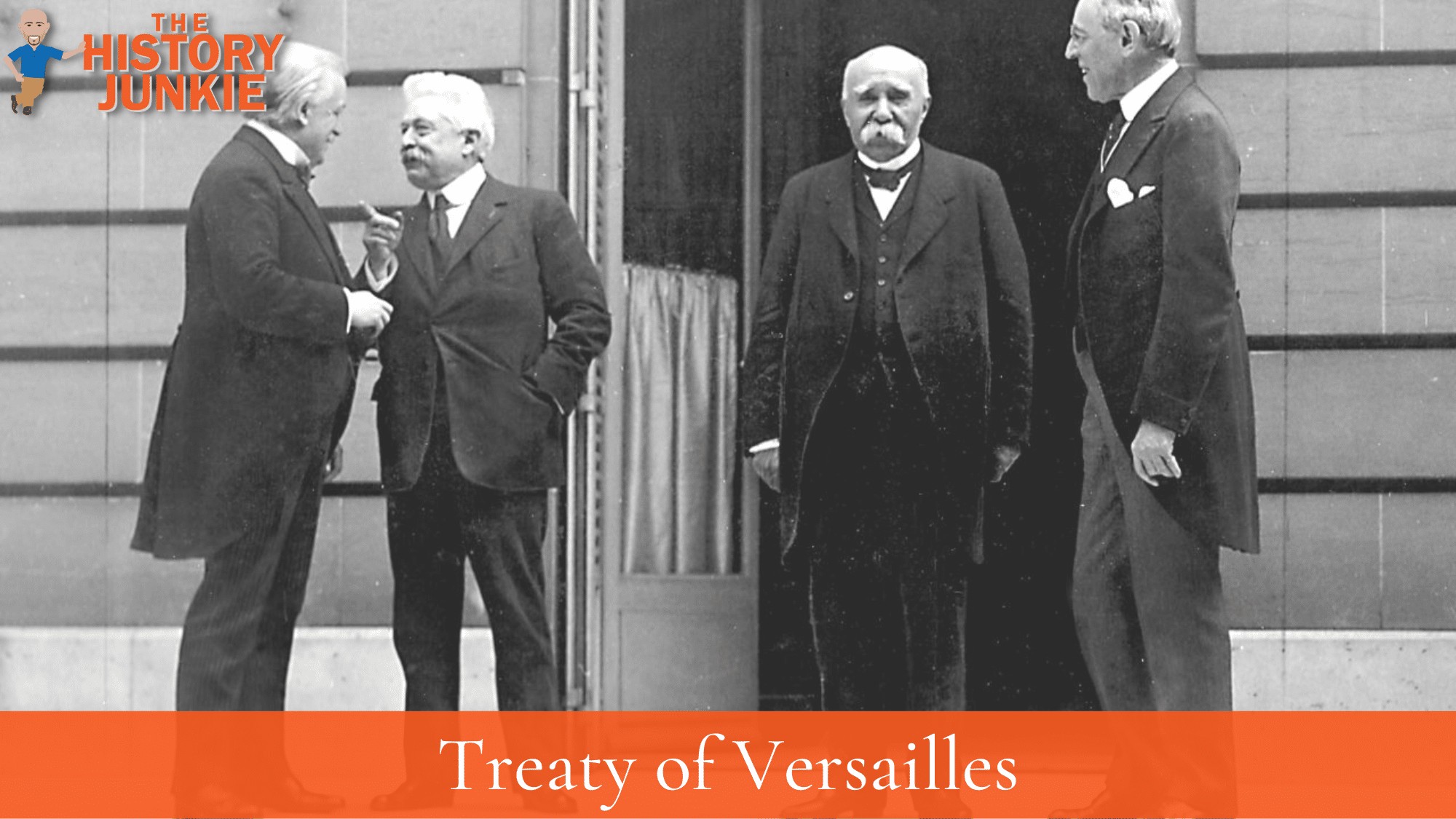
The Treaty of Versailles ended World War 1, and its terms would lay the foundation for World War 2.
Each of the Big Four had its own ideas of what should occur.
France had seen the most losses of any of the major powers at the time and wanted to place the hardest restrictions on Germany in order that they could no longer build up and threaten France.
Great Britain wanted to build Germany back up in order to make them a good trade partner and wanted to aid Italy in building up its military in order to rival German power.
Italy held the same position as Great Britain but was also in favor of forcing Germany to cede land.
President Wilson had his famous 14 points, but the leaders believe Wilson to be too naive and idealistic to take seriously.
Russia was also part of the Allies but was not there due to the Bolshevik Revolution.
Germany would be forced to cede land, pay high reparations, and conduct trials for war criminals. These actions would anger Germany and would eventually lead to the rise of Hitler and then World War 2.
#7. World War 1 Would Put An End To Multiple Dynasties and Empires
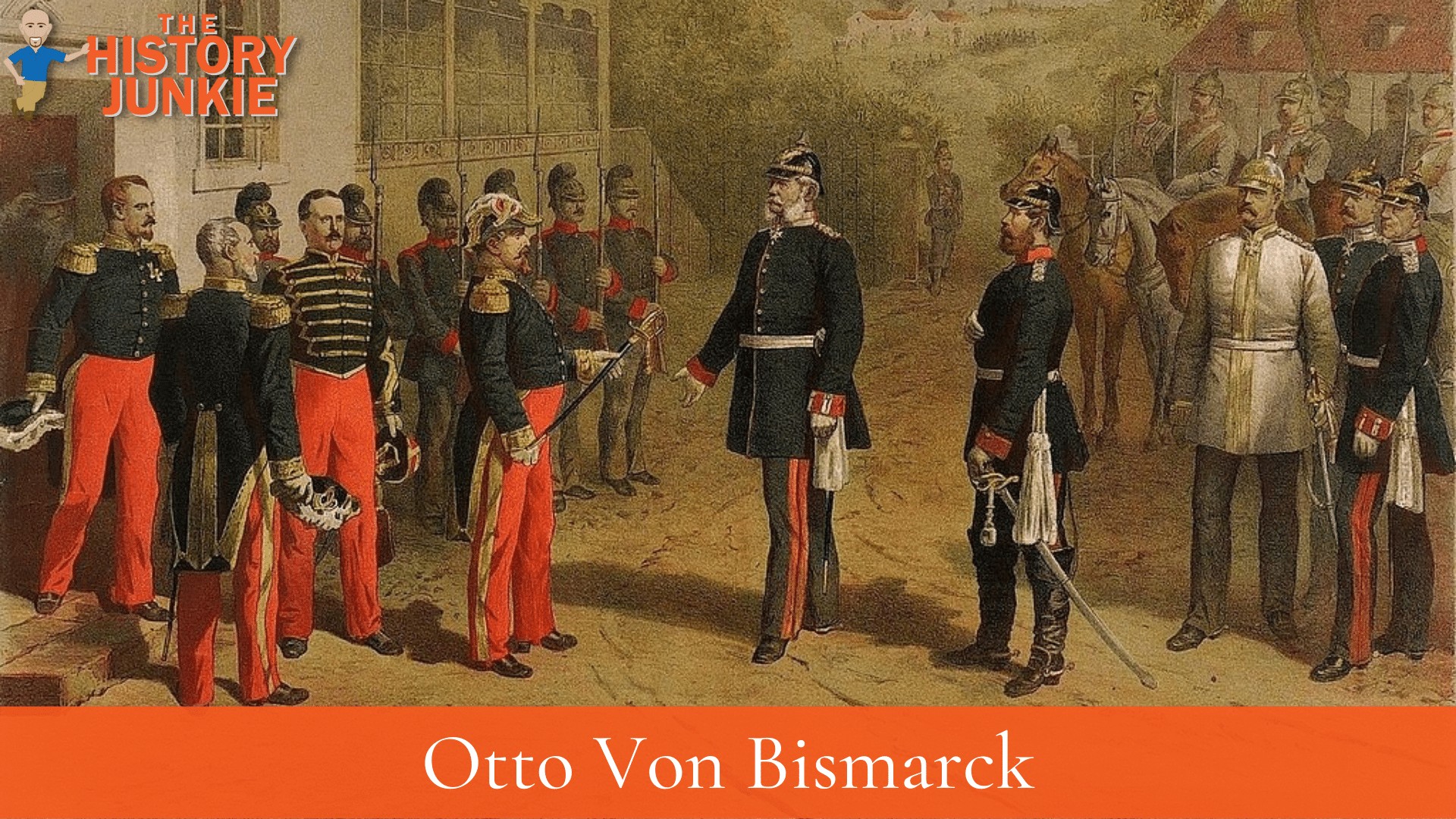
World War 1 changed the landscape in Europe and eventually around the world.
The Ottoman Empire, German Empire, and Russian Empires would all fall and be replaced with something else.
The Ottoman Empire would crumble after centuries of dominance and is now known as Turkey.
The Russian Empire would fall and become the Soviet Union
The German Empire would lose land, and the gains made by Otto von Bismark and those who came after him would be lost. This would fuel Hitler's rise to power.
#8. World War 1 Affected Major League Baseball

The World Series began in 1903 and continued through this time. It had become the most popular event of the year.
1914, 1915, 1916, 1917, and 1918 World Series were seasons that were affected by the war. Many of the players were drafted into the army, and some of America's heroes on the ballfield were seriously affected by the war.
Christy Matthewson, hero of the 1905 World Series and others, would die shortly after World War 1 in the 1920s.
